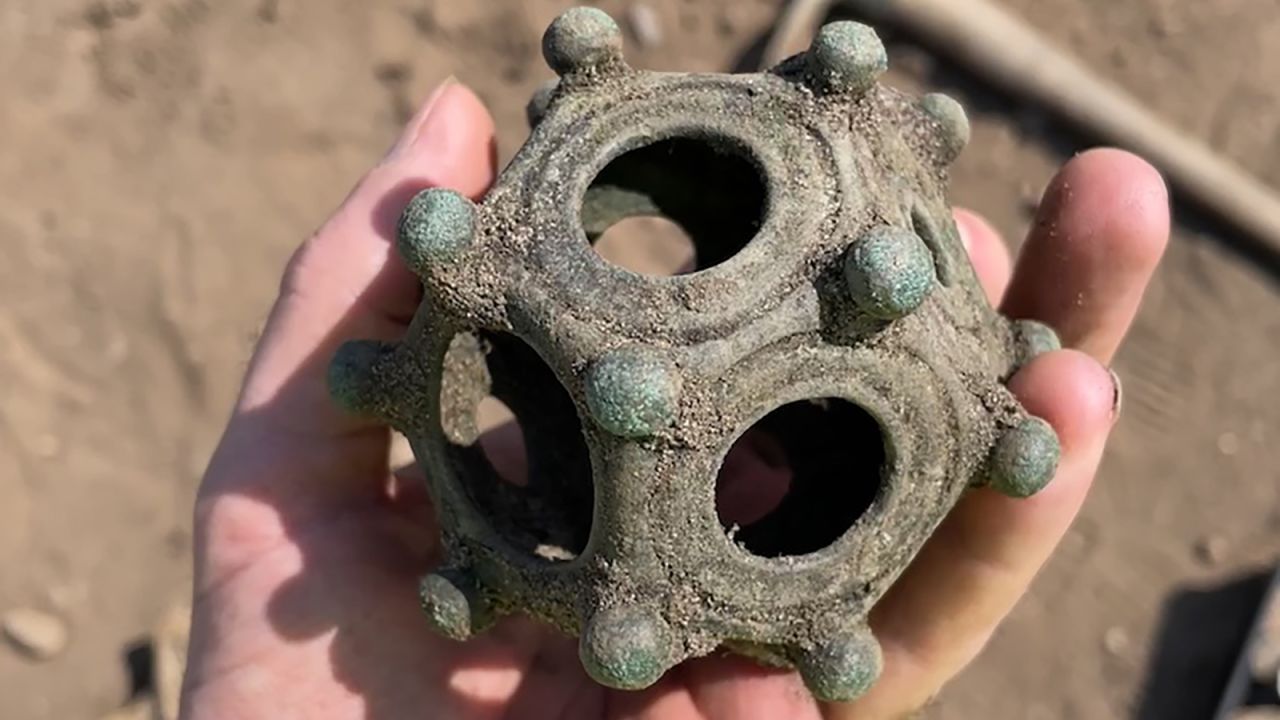First it was Hugo Chavez, then Nicolas Maduro continued the tradition: whenever they remember that former US President Jimmy Carter – who founded the Carter Center – once said that the Venezuelan electoral system is the best in the world. From now on, they won’t be able to use the phrase…
The Carter Center has just published a detailed report on its electoral mission in Venezuela for the November 21 regional elections. In the document, they asserted that “the basic criteria for democratic elections have not been met.”
Center mission It concluded that “legal provisions relating to the media, freedom of expression, candidate registration, suspension of political rights, and funding of political parties and election campaigns do not meet basic international standards for democratic elections.
What is more, They denounced “political and governmental interference that undermined the national electoral center.”
“The elections were marked by the disqualification of several key opposition candidates, the arbitrary replacement by the Supreme Court of Justice (TSJ) of executive committees of opposition parties and Chavista defectors, as well as the general context of political repression. More than 250 political prisoners,” the text adds.
very Condemns election theft in Barinas: “The recent decision of the Supreme Court to suspend the total vote for Governor of Barinas and call for new state elections in January 2022, citing the disqualification of opposition candidate Freddy Soberlano, ignoring the presidential decree of August 31, 2020, according to which amnesty was granted to 110 citizens, including That Superlano, is another example of the Supreme Court’s interference in the development of the electoral process.
The report warned that the expert mission indicated concern about today’s development in Zulia state, “where the killing of a person and attacks on local observers and journalists were reported.”
In this context, the Carter Center has positively highlighted the attitude of voters, civil society, and national monitoring organizations “to their democratic commitment on election day and during the post-election period.
The mission also denounced that the elections were characterized by coordinated propaganda in favor of the regime, “primarily from the state apparatus and through partisan use of its institutions.”
“The Ministry of People’s Force for Communication and Information (MippCI) publishes daily during the campaign posters that will later be published by other government agencies, such as ministries and official institutions. These designations have also been repeated on state television, often from the Con el mazo tender programme, directed by PSUV Vice President, Diosdado. Cabello, in which the President of the Republic, Nicolas Maduro, appeared with some seriousness. Through this practice, the entire state machine resonated in unison,” the report explains.
The Carter Center analysis determined that a network of tweeters was used to carry out this type of campaign, which acted in concert to spread and disseminate propaganda messages: “This network is difficult to detect because it was not formed exclusively by groups of bots—programs that broadcast messages in an automated manner—but by Citizens coordinated through networks and driven through the Carnet de la Patria, a government program to provide food and distribute social assistance.”
In fact, on December 2, just 11 days after the election, Twitter announced that it had suspended 277 accounts responsible for “amplifying hashtags and topics in support of the government and its official narratives.” According to this report, some individuals in the network have authorized an app called Twitter Patria to manage their accounts for this purpose.
The expert mission began its work in mid-October and was present in Venezuela from November 7 to 27, 2021. During that period, it analyzed the general context of the elections and the compliance of the electoral process with international standards with a view to the upcoming elections in Venezuela.
The Carter Center mission focused on key aspects of the Venezuelan electoral process, including the legal framework for elections; effectiveness and transparency of electoral preparations; The environment in which the election campaign took place, including freedom of the media, and respect for basic participation rights; the use of social networks, including analysis of trends in disinformation in networks; and the transparency of the National Electoral Council regarding the electronic electoral system, including while tabulating results.
Read on:




/thumbs.vodgc.net/1-440-xiEXyj1714403951789-1714404519.jpg)
:quality(85)/cloudfront-us-east-1.images.arcpublishing.com/infobae/E3MFZXDKZJGKFAMKCA4KUTH3PE.jpg)